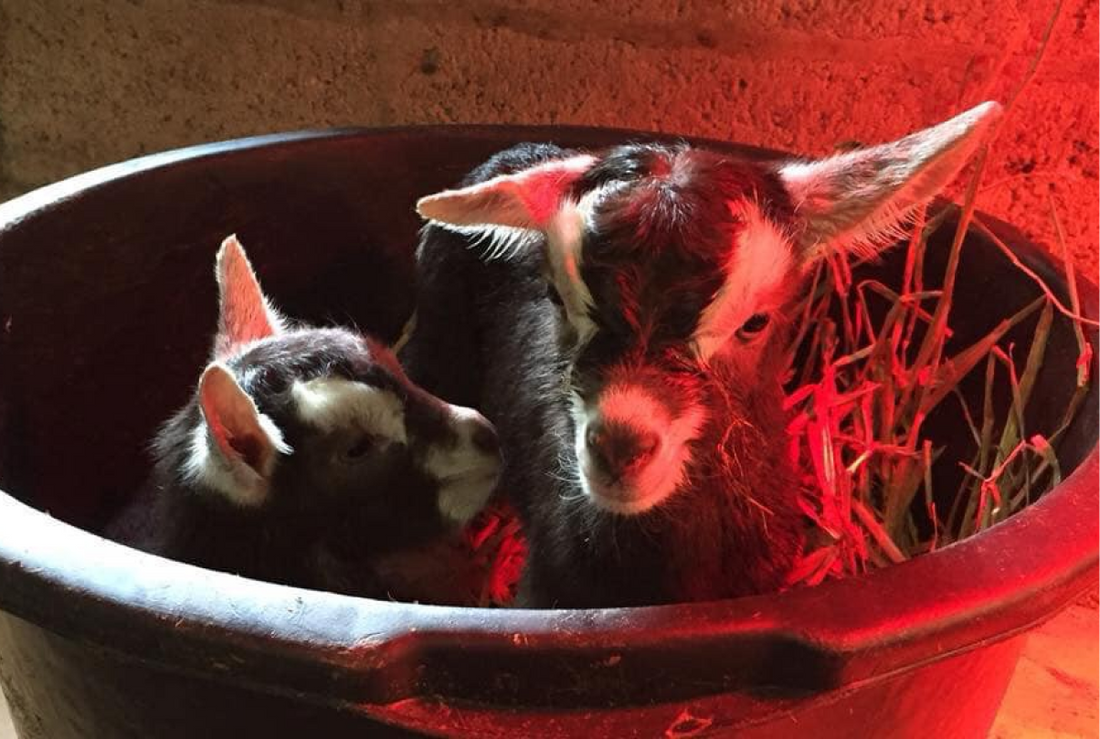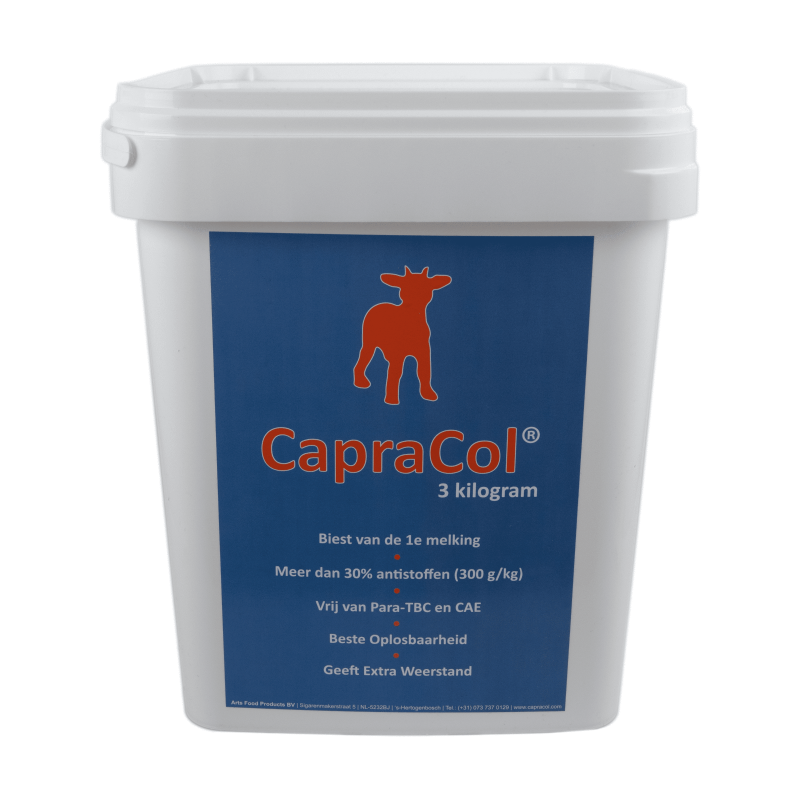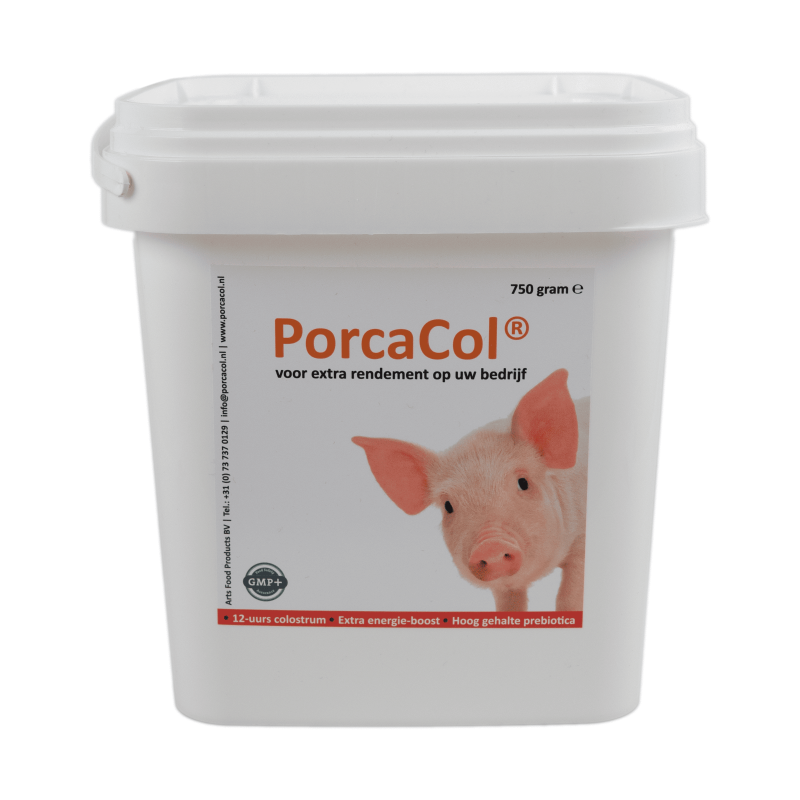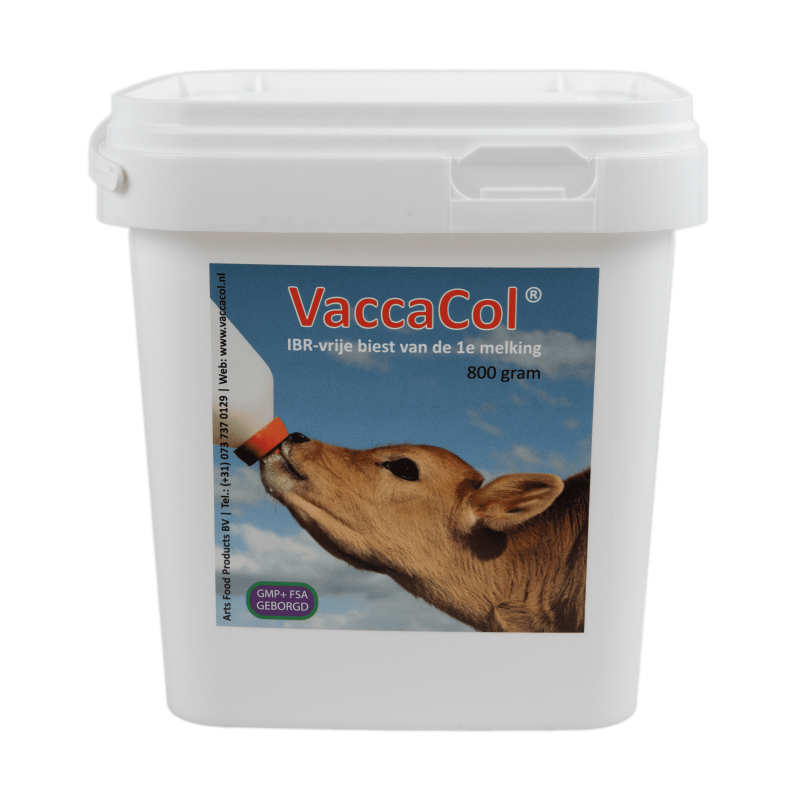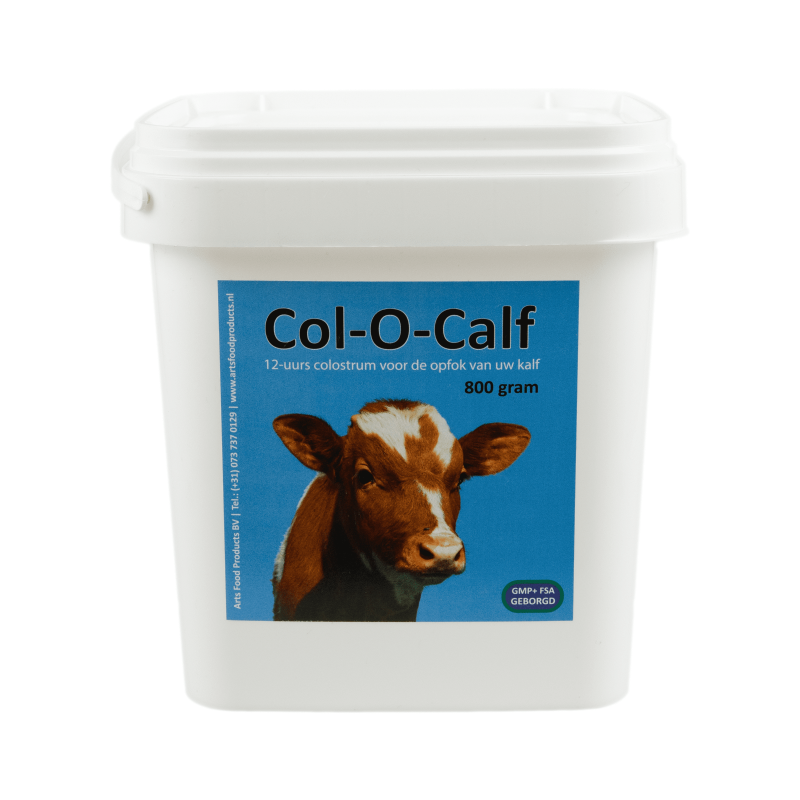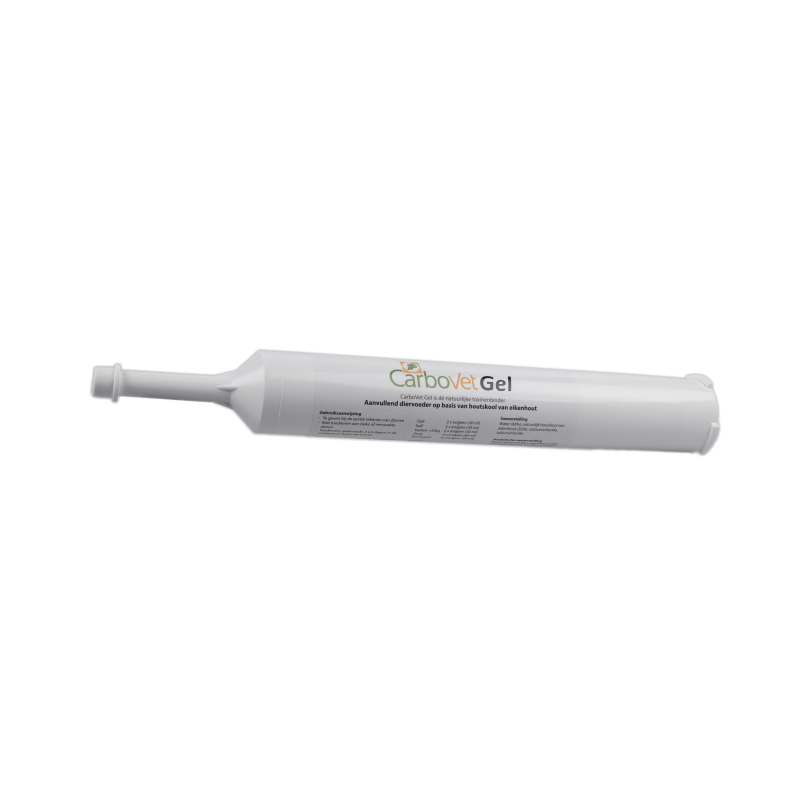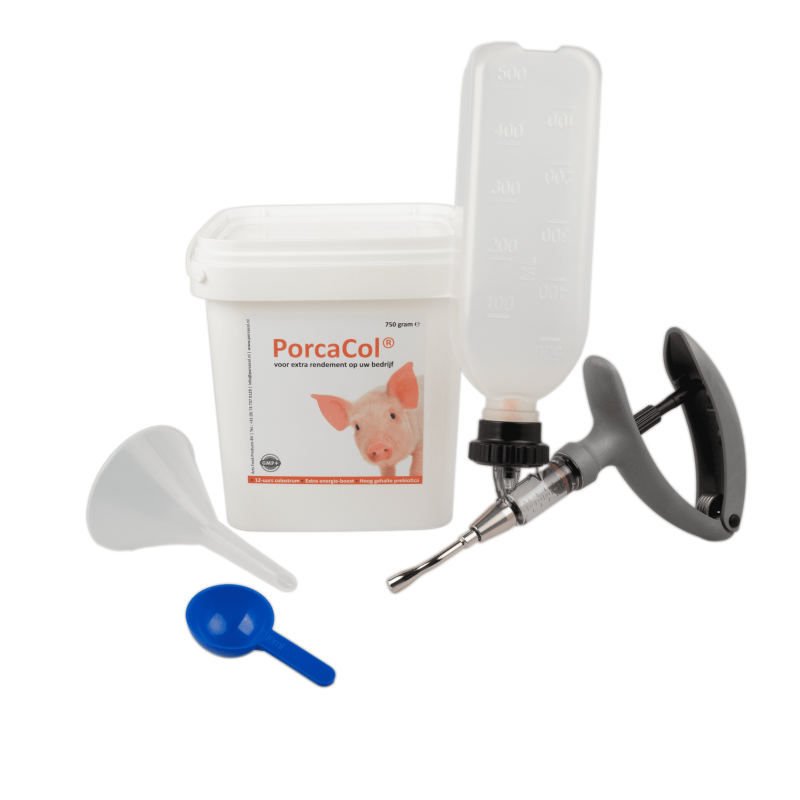Unlike humans, goat kids are born without antibodies. A goat kid does not receive any antibodies from its mother during gestation. Upon birth, it's essential for the kid to get colostrum as soon as possible, preferably within 6 hours. The antibodies it receives provide passive immunity. After about two weeks, the kid starts producing its own antibodies, a process referred to as active immunity.
A kid typically receives colostrum from its mother. The antibodies in this colostrum protect the kid against diseases prevalent in the mother's environment. However, by providing the kid with its mother's colostrum, there's a risk of transmitting diseases like paratuberculosis and CAE. Additionally, there's potential contamination from other environmental factors, such as straw, feces, and other animals.
Given the kid's lack of antibodies, it is highly susceptible to these diseases, which can lead to illness and death. To prevent this, the kid is isolated immediately after birth and fed colostrum using a bottle or tube.
Which colostrum is good?
Mother's Colostrum
When it comes to colostrum options, one can choose the mother's colostrum. Although this option has some drawbacks, it is the best choice, provided the farm is free from paratuberculosis, CAE, and CL. Nonetheless, there's always a risk of contamination, which can have significant repercussions for the kids. Another consideration is the quality of the colostrum (measured in grams of antibodies per liter). This can vary widely depending on the season and the individual animal. Colostrum quality depends on many factors, including the mother's diet and age.
Cow Colostrum
In the absence of mother's colostrum, cow colostrum is often used. Cow colostrum from the first milking, sourced directly from a cattle farmer, can have varying quality. In particular, colostrum from heifers usually contains an insufficient antibody level. Moreover, raw cow colostrum can contain pathogens harmful to the kid.
In addition, it is common for the farmer's own calf to consume the first colostrum, leaving only the second milking available. However, this milk contains significantly fewer antibodies, jeopardizing the kid's chances of getting enough antibodies.
Powdered Colostrum
The best alternative to mother's colostrum is CapraCol®. CapraCol® is dried cow colostrum from the first milking, enhanced with a prebiotic. It is standardized for a specific concentration of antibodies, which are reactivated when mixed with water at around 40-45°C. Furthermore, CapraCol® is entirely pathogen-free and very user-friendly.
CapraCol® contains an added prebiotic, which nourishes the beneficial bacteria in the gut. Besides colostrum with a high antibody content, the kid also receives a substance that promotes gut development.
CapraCol® contains all the elements that make a high-quality colostrum. In addition to a diverse range of antibodies at high concentrations, it contains antibacterial substances. These components act as natural antibiotics, neutralizing harmful bacteria and viruses. CapraCol® offers a balanced blend of amino acids, vitamins, and minerals, ensuring the kid's optimal health in the first days of its life.
